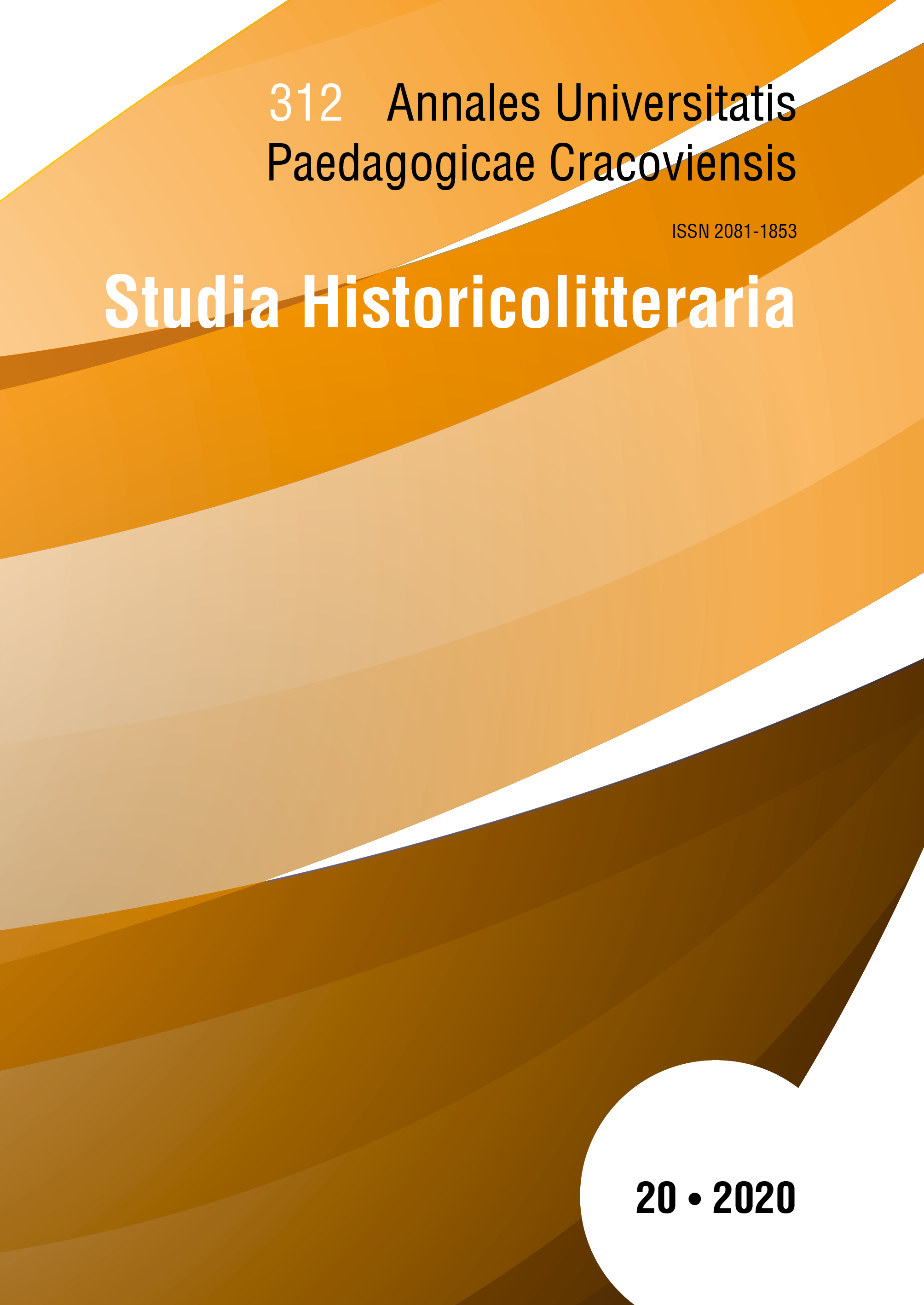Noble and ignoble Islamic symbolism in "The Divine Commedy'
Main Article Content
Abstract
Within the mysteries of 'The Divine Comedy', it seems that the culture of Muslims is well known to Dante, above all thanks to the mediation of works such as the 'Book of Muhammad’s Ladder '(Kitāb al-miʿrāj), the 'Travels of Marco Polo' and various writings of friar Riccoldo of Montecroce. Islam is considered a danger, yet it is also admired in Dante’s vision, for its scientific height reached in the Middle Ages. Love is the essential concept of the whole message of Christianity: it is caritas, a universal embrace that includes every aspect of man and harmonizes it. Muhammad, despite his original Christian spiritual formation, according to Dante, did not understand the concept of caritas. Therefore, he deceived others and himself, founding a new creed and a different faith, which is by no means superfluous from a Dantean point of view. Indeed, it is useless and dangerous as a heresy, due to its same nature that generates schism and, precisely, war. It is natural, in this sense, that Muhammad finds himself in hell in the vision of The Divine Comedy, grotesquely oppressed by his guilt of fraud, because he has shared the circle of love (the all-encompassing and Trinitarian perfection of Love) with all the hatred of his anger. However, beyond all the Muslim limits of a culture of submission and the doctrine that arises from it, Dante reveals to us in his 'Paradise' a possible salvation also for Islam (apparently damned); and this for a very subtle yet strong way: the mystical way in its perfect sentimental Truth, which is tolerant, fraternal and inclusive.
Downloads
Article Details

This work is licensed under a Creative Commons Attribution-NonCommercial-NoDerivatives 4.0 International License.
COPYRIGHT POLICY
The publisher of "Annales Universitatis Paedagogicae Cracoviensis.Studia Historicolitteraria" is authorised to use and distribute all the materials published in the journal on the basis of a non-exclusive licence agreement unlimited in time – previously concluded for an indefinite period of time each time with the author of a specific paper in the fields of exploitation specified in the agreement.
OPEN ACCESS POLICY
"Annales Universitatis Paedagogicae Cracoviensis.Studia Historicolitteraria” is an open access journal, and all its contents are available for free to users and/or their institutions on the basis of non-exclusive licenses under Creative Commons (CC BY CC-BY-4.0). Users can read, download, make copies, distribute, print, search, or to link to full text articles in this journal without the prior permission of the publisher or the author.This is consistent with the definition of open access BOAI (http://www.soros.org/openaccess).
References
Balducci M.A., L’imbestiato Ulisse. Percorso ermeneutico intorno al problema dell’arroganza scientifica nel canto XXVI dell’Inferno di Dante, «Quaderni Danteschi» 2014, n.10, pp. 161-183.
Cerulli E., Il “Libro della Scala” e la questione delle fonti arabo-spagnole della Divina Commedia, Roma 1949.
D’Ancona A., La leggenda di Maometto in Occidente, Bologna 1912.
Khadduri M., War and Peace in the Law of Islam, Baltimore (MD - U.S.A.) 1958.
Montecroce (da) R., Libro della peregrinazione - Epistole alla Chiesa Trionfante, a c. di D. Cappi, Bologna 2005.
Montecroce (da) R., I saraceni. Contra legem Sarracenorum, a c. di G. Rizzardi, Firenze 1992.
Palacios M.A., Dante e l’Islâm, Parma 1994.
Polo M., Il Milione, a c. di R. Allulli, Milano 1954.
Saccone C. (red.), Il libro della scala di Maometto, trad. di R. Rossi Testa, Milano 1999.
